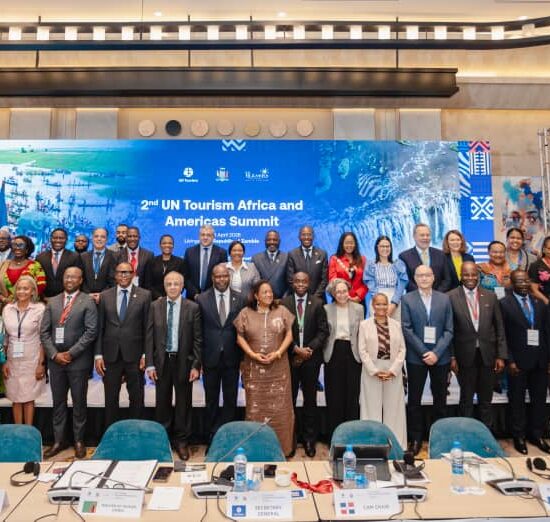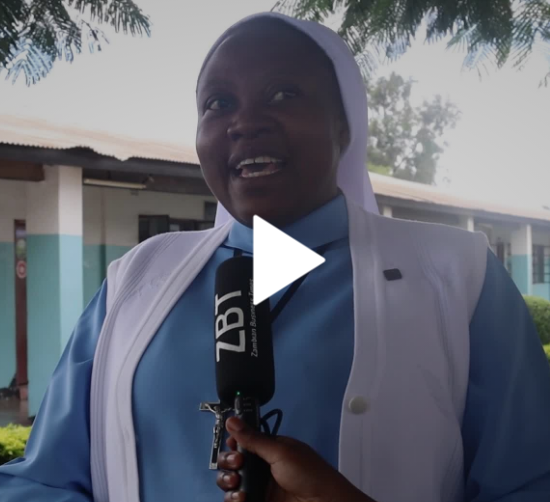
The Walvis Bay – Ndola Lubumbashi Development Corridor and the Lobito Corridor Transit Transportation Facilitation Agreement have recently been the subject of scrutiny by the Zambia Institute of Chartered Accountants – ZICA Taxation Committee (TC).
During their submission to the Parliamentary Committee on Transport, Works and Supply, the ZICA TC Chairperson, Nathan Mutale, along with the Director of Standards and Regulation, Mwelwa Mwaba, and Membership and Technical Manager, Samuel Olaniyan, said this is a welcome development as it will increase tourism, trade, investment, and employment among the three (3) countries (Zambia, Democratic Republic of Congo and Namibia), leading to increased exports and economic growth.
ZICA believes that if the Walvis Bay – Ndola Lubumbashi Development and the Lobito Corridor are actualized, it will help provide the shortest route between Zambia, the Democratic Republic of Congo, and Namibia. The Institute believes that the Corridor will also help reduce transport costs and make the region more attractive for investments from international players.
“It comes at a good time when the Africa Free Trade Area is about to become a reality (The AfCFTA agreement aims to provide broader and deeper economic integration across the continent as well as attract investment, boost trade, provide better jobs, reduce poverty and increase shared prosperity in Africa). This means the potential for an increase in trade is very high with developed infrastructure.”
The Walvis Bay – Ndola Lubumbashi Development Corridor aims to provide a more efficient and cost-effective route for transporting goods between the port of Walvis Bay in Namibia and the Copperbelt region in Zambia and the Katanga province in the Democratic Republic of Congo.
The objectives of the corridor are to reduce transportation costs, increase trade and investment, and improve regional integration.
Meanwhile, the Lobito Corridor Transit Transportation Facilitation Agreement aims to facilitate the transit of goods between the port of Lobito in Angola and the Copperbelt region in Zambia and the Katanga province in the Democratic Republic of Congo.
ZICA is however of the view that a competitive process should be considered noting that Political appointments are normally biased hence the need to develop good objective criteria for selecting the private sector representatives to ensure that the best candidates are selected and we get value from them.
“Article 7 Section b-Executive Committee: we welcome the deliberate move to include a private sector representative in the Governance structure of the Executive Committee because the main players in the corridor will be from the private sector. This will ensure we have realistic and practical policies and oversight in place.” “It is important to develop good objective criteria for selecting the private sector representatives to ensure that the best candidates are selected and we get value from them.”
While the Walvis Bay – Ndola Lubumbashi Development Corridor and the Lobito Corridor Transit Transportation Facilitation Agreement are important for the economic development of the region, it is important that they are managed in a fair and transparent manner to ensure that they benefit all parties involved.
Both corridors are crucial for the economic development of the region, as they provide a more efficient and cost-effective means of transporting goods. However, have raised concerns regarding the tax implications of these corridors. The stakeholders have also called for a comprehensive review of the tax regimes in the countries involved in these corridors to ensure that they are not negatively impacted. They have also called for greater transparency and accountability in the management of the corridors to ensure that they are not used for illicit activities such as smuggling.







